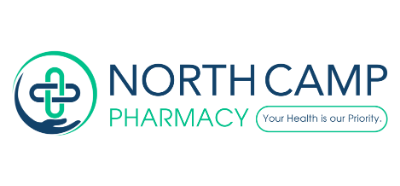
Strokes affect people in different ways. For some, it may take days or weeks to recover and there will be little impact on their life.
For others, recovery can take months or years and may mean making life changes. This can include things such as adapting your home to make it easier to move around. You may have to stop work for a while or long term.
Your recovery will depend on how much a stroke has affected you physically and mentally, and your rehabilitation plan. The exercises, activities and therapy sessions you do as part of your rehabilitation are often difficult, but it will help you make progress.
The plan given to you by your healthcare team will help you set goals. Getting family and friends involved can also help you get better.
When you're discharged from hospital, your healthcare team will continue to support you. They do this by creating a home recovery plan.
Your plan may include:
You can choose how you want to do your rehabilitation. It can be done in person or, if it's easier, online (telerehabilitation).
Your healthcare team will make sure you have the right equipment to do this at home. They should also offer you the training or technical support you need to use it.
After about 6 months, you should get a review of your progress. If you do not get this, speak to your team about it.
If you're caring for someone who has had a stroke, you'll be a big part of their recovery.
Looking after someone who has had a stroke can be difficult, frustrating and lonely. Try to make sure you get all the support and help you need.
In this video, Jim talks about his experience with a stroke and proves that life does go on.






































